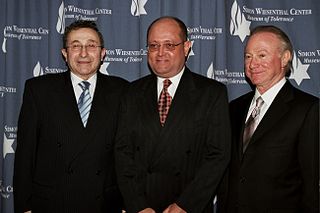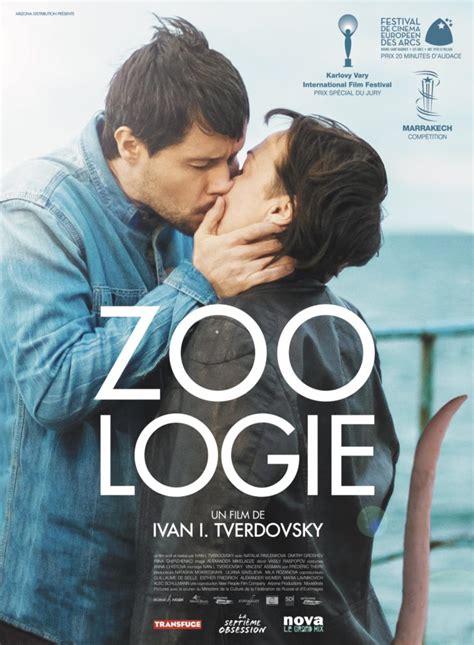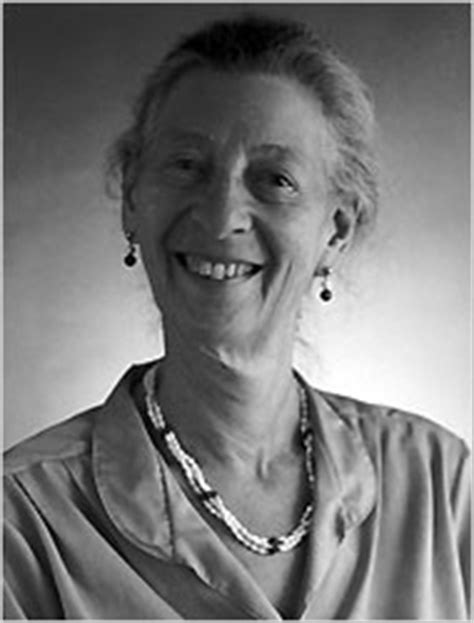A Quote by Dana Spiotta
Even a documentary portrait of a person that tries to be very accurate is shaped by the filmmaker in so many ways.
Related Quotes
The portrait of a person is one of the most difficult things to do. It means you must almost bring the presence of that person photographed to other people in such a way that they don't have to know that person personally, but that they are still confronted with a human being that they won't forget. That's a portrait.
Now documentary evidence is acceptable. What does that mean? If you have documentary evidence that a person served as a guard in one of the death camps and the documents have been authenticated, that is grounds to charge the person with crimes against humanity. And that's why you see the spate of trials previously, for example, in the '70s and the '80s, even in the low '90s. That was not the case until the change in the law.
An actress reading a part for the first time tries many ways to say the same line before she settles into the one she believes suits the character and situation best. There's an aspect of the rehearsing actress about the girl on the verge of her teens. Playfully, she is starting to try out ways to be a grown-up person.
This is a lesson about life: This is one person. This is another person. This is one person trying to understand another person, even though it doesn't have room to download the other person into it's brain. It cannot understand the other person, even though it tries to. So he ends up overflowing with knowledge.


































